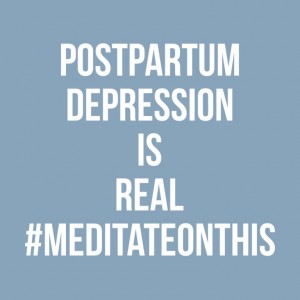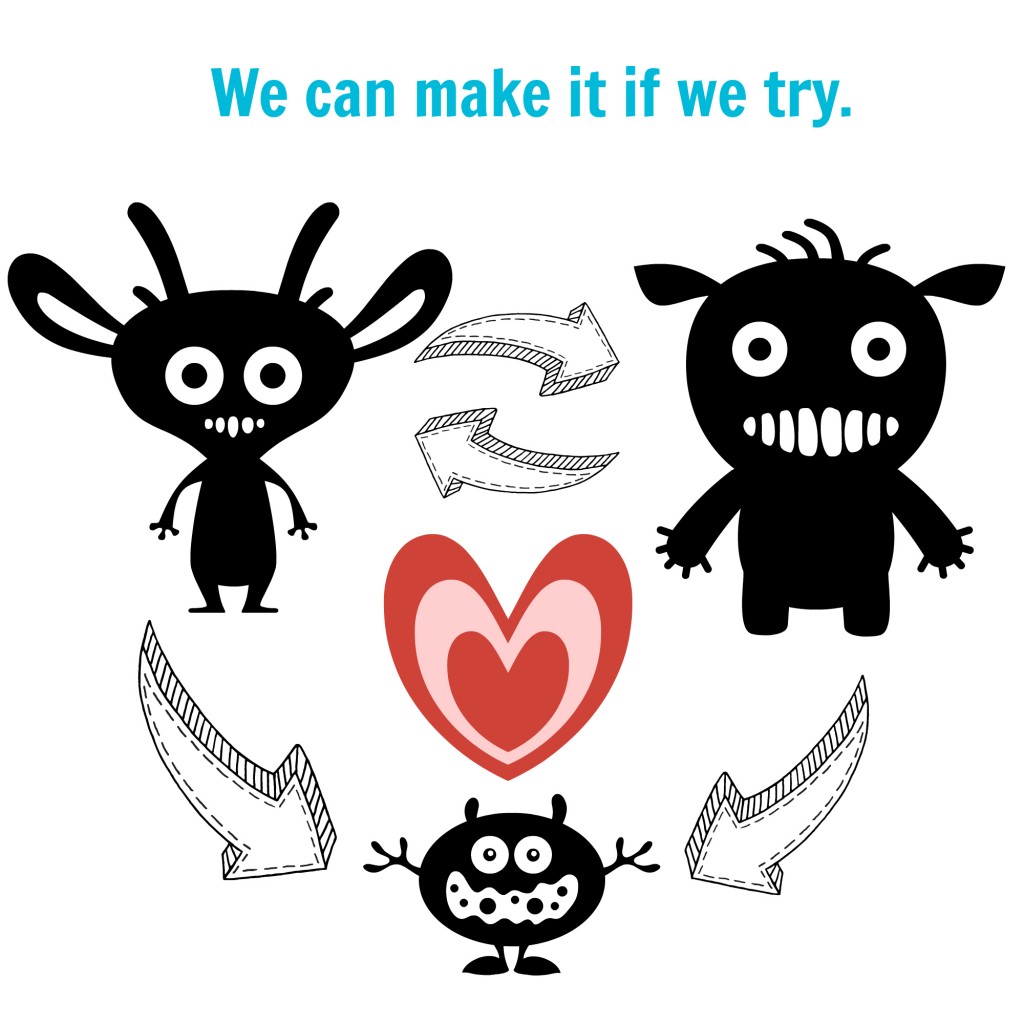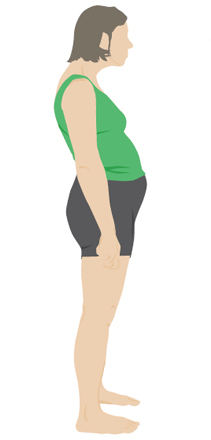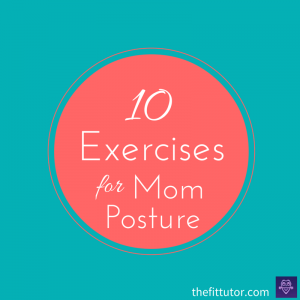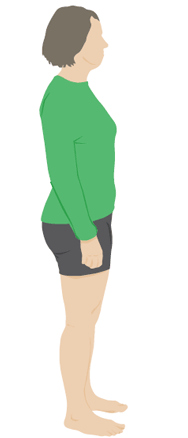My husband had surgery a few months ago. It was a semi-serious surgery that kept him in the hospital one night and then he was released to my care. Keep in mind that I am no nurse. In fact, blood and bodily fluids tend to make me a little squeamish. However, the doctor assured me that his aftercare would be easy peasy. My husband would only need plenty of rest and hydration.
In preparation, I scheduled a few days off of work and began listing all of the things I could catch up on. Sorting through old paperwork, filing insurance claims for my counseling practice, cleaning out my closet – because OMG, it needs a good clean out. By the time they took him back to the OR for his procedure, I had a page-long list of To-Do’s ready for doing. I was kind of looking forward to having a few free days at home while he recovered.
Um… whatever.
After I brought my hubby/patient home from the hospital, I didn’t stop moving. He needed his meds. Then he needed a drink of water. How about a smoothie now? He was cold – could he have a blanket? Oh, the kids are home from school now. Homework and dinner and bedtime. But no bed time for me because my surgery patient needed bathing. And his pain was truly intolerable. And… there were plenty of body fluids. Eeeek! Up and down we went all night.
Needless to say, I didn’t get anything done on my To-Do list. In fact, as the week progressed, I became more exhausted as my husband became more rested.
It gave me flash backs to when we came home from the hospital with our second newborn. I had just given birth. I needed to focus on recovering and breastfeeding, right? So, I fully expected my husband to be my right-hand man.
He really delivered.
He brought food and water and reassurance whenever I needed it. He handled our preschooler like a champ and ran to the grocery store for all of our worldly needs. He never stopped moving while I did a lot of sitting.
I guess I always assumed that he had the super easy job as birth partner. I never stopped to think that his role in supporting and caring for me might have been just as exhausting as my recovery from the birth.
My little stint as nurse and caretaker made this very clear for me. It also helped me to identify some tips that might help set the birth partner up for success during the postpartum period.
1) Get things ready ahead of time: The last month or two of the pregnancy, begin preparing things to make the caretaker’s job easier. Set up some comfy areas in your home that will work well for breastfeeding and resting. You’ll want a good chair, a little side table to keep magazines and books, the remote control, something to play music on, a small light and an ottoman to kick up your feet on. Stock the fridge and pantry with your favorite foods and snacks that can be easily prepared. Stock plenty of healthy beverages and fun cups/straws to drink them out of. Ask your midwife or doctor for a list of comfort items (heating pads, breastfeeding-friendly pain meds, hemorrhoid pads) and show your partner where they are stored. Last but not least, think about investing in a good old-fashioned bell. Yelling and texting work fine, but the little ding of a bell might work better.
2) Accept help: This is a big one for both Mom and birth partner. When my husband was preparing to go into surgery, all of our friends and family were asking how they could help. More specifically, they were offering to provide food or watch our boys. “No, thanks,” I told most of them. “We’ll be fine. I have food in the fridge and the boys can entertain themselves.” Well, several days later, I was kicking myself. It would have been reeeeealy nice to have meals delivered to our doorstep or to have my boys carpooled around for the week. Fortunately, there were several sweet people who wouldn’t take no for an answer and brought food and help any way. Lesson learned: Accept the help of others. You can always decline later on, but sending out an SOS is trickier.
3) Care for the caretaker: The caretaker is going to be on their feet a lot. They probably won’t be getting much more sleep than mom. For this reason, I encourage birth partners to clear any big commitments off of their calendar so that they can reserve their energy for care-taking and resting. Birth partners should stock up on their own favorite snacks, drinks, movies and books. When mom and baby are resting, the caretaker should also rest and relax. Don’t worry about keeping the house immaculate or staying on top of everything. You guys will have plenty of time to catch up. In the meantime, focus on loving on this new little baby and taking care of both of you.
Here’s to Strength & Birth Partners,
Kirsten





